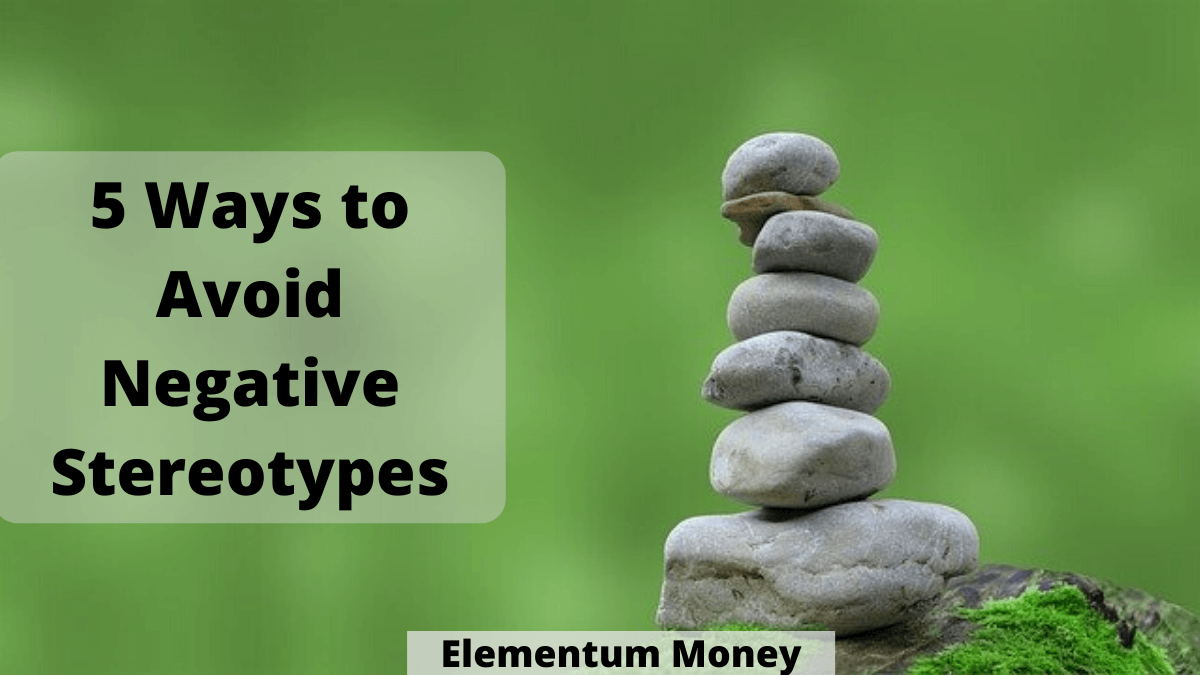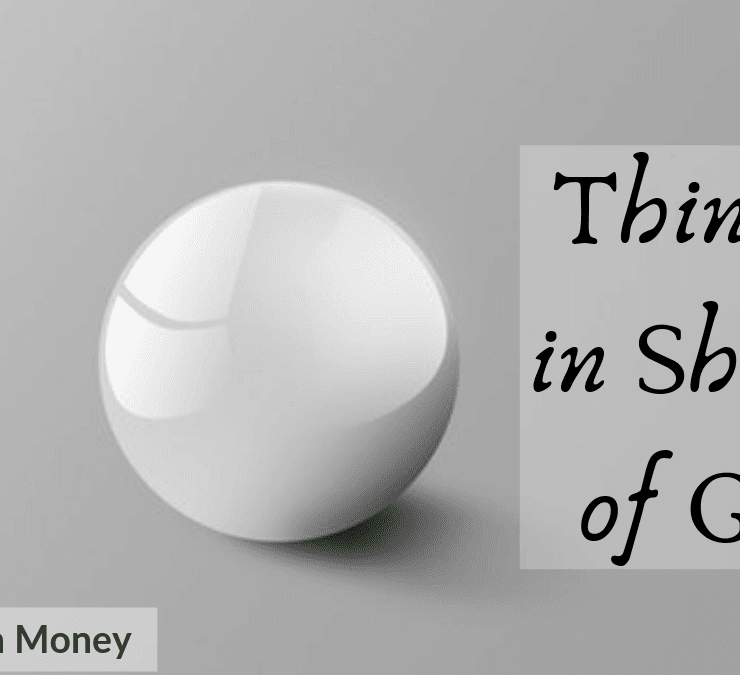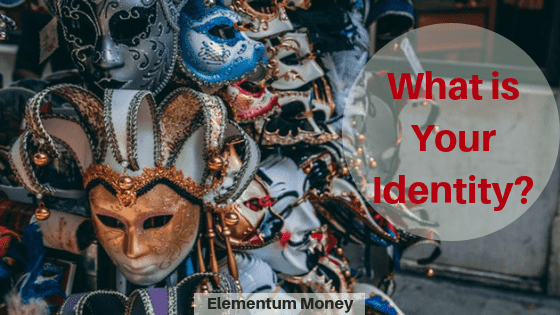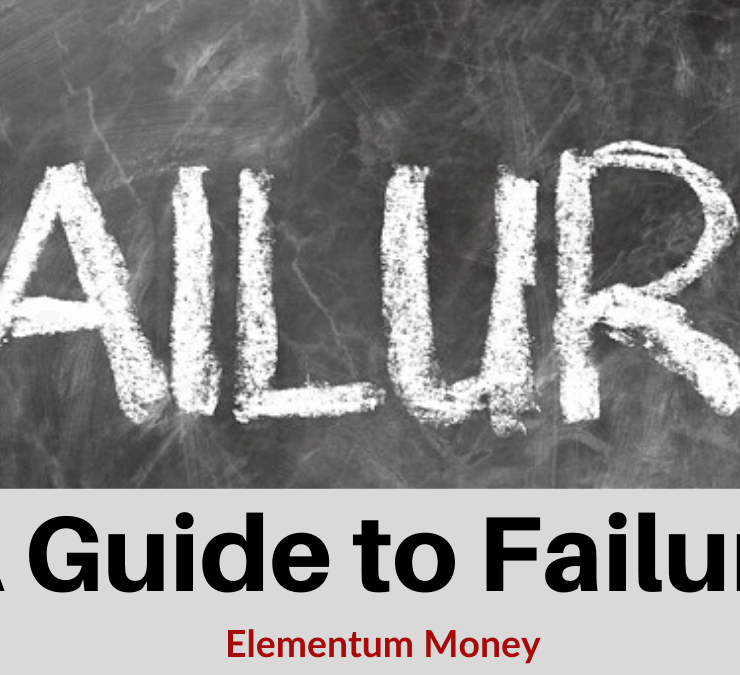One of the most enlightening, nerdy books that I have ever read is Behave by Robert Sapolsky. One of the points that he mentions very often is this innate sense of Us vs Them that we as humans instinctively carry with us. Simply put, it is the tendency of categorising almost any human on the basis of your own personal traits or group memberships, and then coming to a conclusion of whether ally or foe. This is at a subliminal sub-conscious level that we are barely even aware of.
We humans identify with group membership in a number of domains and the priority of the domain changes as per the human being faced with. So, for instance, consider the example of an international male athlete. Now, he identifies himself as a man, a celebrity, and an athlete. When he comes across an international female athlete, he might identify her as an in-group member than any other non-athlete man. So, here his professional group membership trumped his gender us vs them instinct.
You would know by now why am I talking about this particular instinct of our brain. Even though I do not think violence is a solution, I think the George Floyd incident is a nasty reminder of what happens when we let negative stereotypes get the best of us. This incident was a trigger point for me to remember just how much damage stereotyping and the Us vs Them instinct has caused for us Indians so far. Just before the lockdown, action on this instinct was quite clearly stated by the Citizen Amendment Act that the government passed. At this point, let me state just a one word reminder of the pinnacle of negative stereotyping and ostracism of a race being viewed as the other – Hitler!
While some of the stereotyping may be harmless and a result of essential categorisation of the world as we see it, there is merit in checking ourselves when we tend to go overboard on the dark side.
From massive, breathtaking barbarity to countless pinpricks of microaggression, Us vs Them has produced oceans of pain. Yet our generic goal is not to “cure” us of Us/Them dichotomizing. It can’t be done, unless your amygdala (The lizard brain responsible for the fight or flight syndrome and the feelings of fear, anger and disgust) is destroyed, in which case everyone seems like an Us. But even if we could, we wouldn’t want to eliminate Us/Them-ing.
– Behave, Robert Sapolsky
As Robert Sapolsky puts it so wonderfully in the quote above, the idea of this post is not to say that humans are one, homogeneous mass of people. But, that the world is a better place when we don’t look at all Them as our enemy.
5 Ways to avoid negative stereotyping tendencies
I am not completely guileless of this line of thinking but today, I thought I would share some processes which have helped me become more neutral. Unlike other posts, I will use only five words to justify why we need to check our negative stereotyping tendencies – to become better human beings.
1. Embrace the patch work quilt
Humans are different. Accept it and embrace the fact. Just imagine how boring the world would be if we were a robotic species thinking in the same manner and doing the exact same things. The world is a patch work quilt, where every patch or human plays a unique role. Make peace with that fact and know that it does not threaten your existence or even way of life, unless there is a concrete reason to believe so. For instance, for the Yezdi race in Syria, the fact that the world around them was different did become a threat to their way of life when ISIS took control. But, that, is more an exception than the rule.
2. Don’t paint everyone with the same brush
Let’s say you just read an article about one of the unending scams of a rich Indian business owner who borrowed money and then fled the country without repaying it. Instinctively, it could lead you to start viewing all big business owners as inefficient, dishonest cheats and could also make you abhor money itself. Be conscious of this tendency of painting everyone with the same brush as you might have experience or heard of for one member. In some ways, that is the practice of essentialism that our brain tries to adopt where we want to break down things simply into black and white. But remember that the world operates in shades of grey and every individual should be viewed and treated on their own merit rather than a set of assumed traits of a group that they might belong to.
3. Focus on the similarities
While I mentioned Us vs Them above, so far I have focussed more on our antlers perking up when it comes to the Them. But, the corollary suggests that we also like the Us or people similar to us where we can connect. When you feel you are falling prey to the idea of looking at someone in an unfavourable light thanks to some identity aspect, focus on the others. For instance, you are a touchy vegetarian and you have developed a dislike for a colleague simply because the person used the pantry microwave before you to heat their meaty lunch. There starts your train of thinking about “all these non-vegetarians” from where it can go pretty downhill and intense. At that point, stop. Think as to how the person is probably the same gender with possibly similar taste in popular culture (books, movies, TV shows etc) and even hatred for a common boss. When you start thinking more deeply about the people we encounter, there are more similarities we share than the discordant notes.
4. Think of the best examples from that group
For reasons you can often not put your finger to, you could be labelling a group extremely negatively. Once you notice it, consciously remind yourself of the shining lights from the community. So, if you lean towards being an Islamophobe, broaden your thinking. There might be so many people of the faith touching your life in a positive way, probably from your milkman to people creating products you possess as well as some of our most loved film stars. Remembering people you like who are members of a group you view unfavourably can help balance out those feelings a bit.
5. Give the benefit of doubt
For this mindset, I think I will perpetually credit my husband and our early years of marriage. I had a tendency to assume the worst and tell him how he was being a typical man. The words “give me the benefit of doubt” became his catch phrase. Admittedly this is easier in case of a loved one than strangers, applying it can only help to neutralise any remnants of negativity that linger unnecessarily. Unless proved so by the individual, do not go on a witch hunt to argue in your head how the person is fulfilling the negative stereotypes you knew they would.
While I could try and summarise all that I have written or try to bring together my thoughts on the topic to end it here, Sapolsky does that job with the below quote, so much better than I ever could:
If we accept that there will always be sides, it’s a nontrivial to-do list item to always be on the side of angels. Distrust essentialism. Keep in mind that what seems like rationality is often just rationalization, playing catch-up with subterranean forces that we never suspect. Focus on the larger, shared goals. Practice perspective taking. Individuate, individuate, individuate (See individuals beyond their groups). Recall the historical lessons of how often the truly malignant Thems keep themselves hidden and make third parties the fall guys.
– Behave, Robert Sapolsky
No better time to remind ourselves not to fall prey to the truly malignant Thems.
Do you remember any instance when you have consciously checked on any such tendency? Any other thought process that you have found successful in not falling for stereotypes? Let me know in the comments by clicking on the green comment box to your left.





Leave a Reply